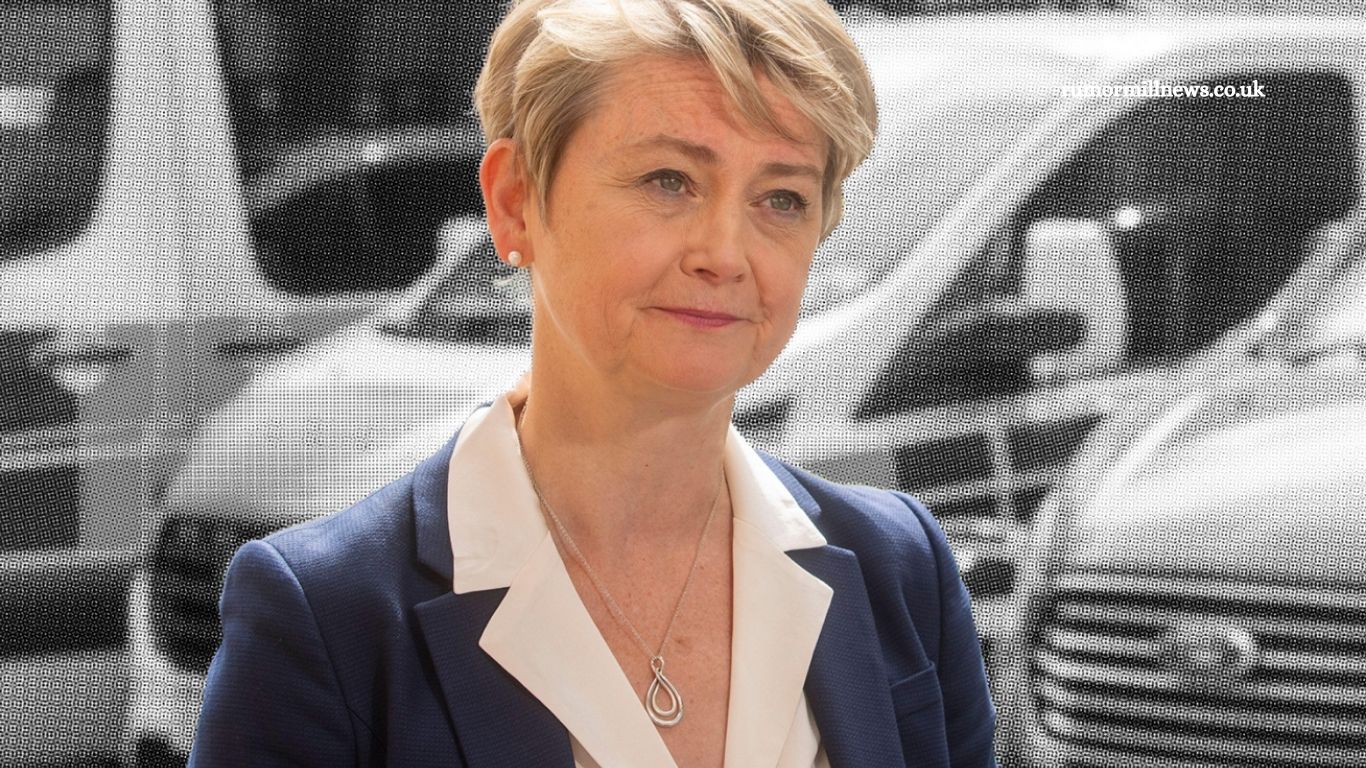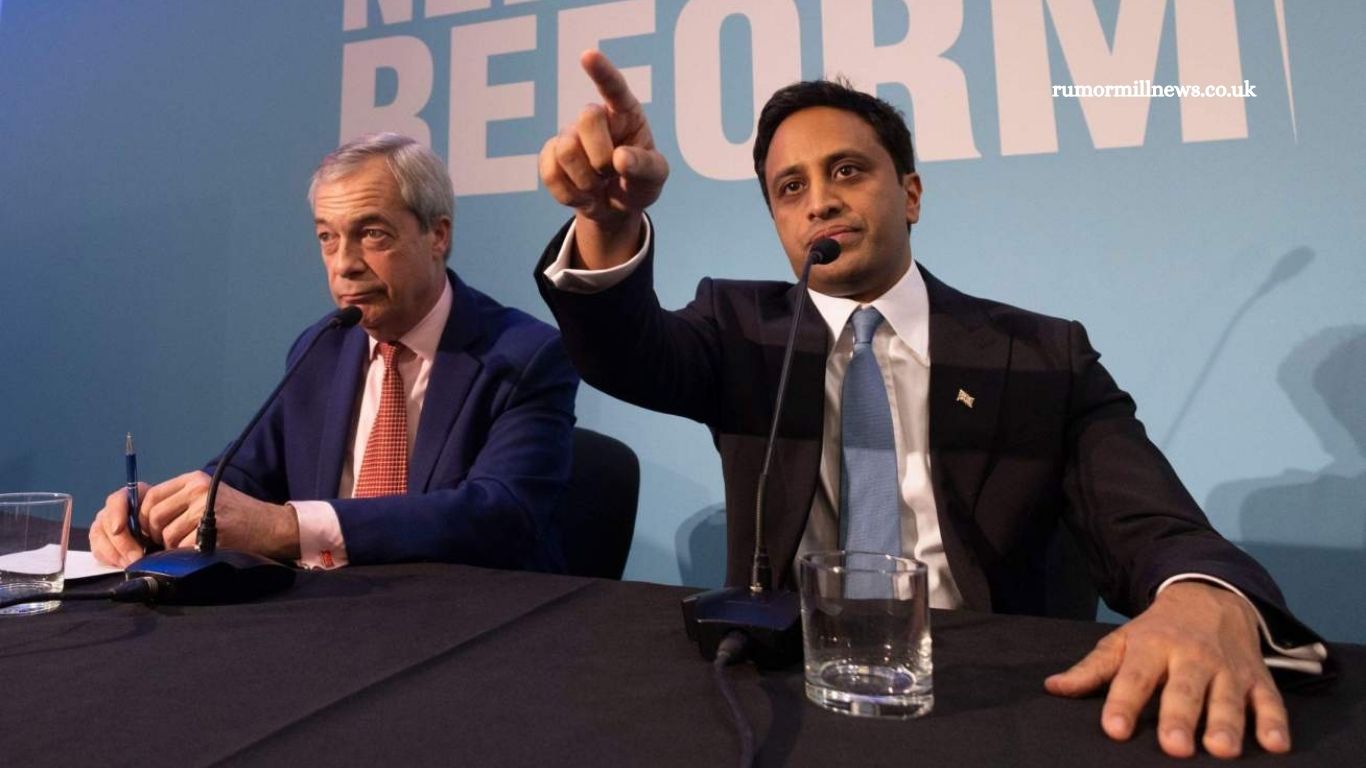Concerns are mounting as several Reform UK councillors, including Darren Grimes, appear to be omitting key details from their legally required registers of interest. From undeclared political affiliations to potential financial oversights, questions around transparency and accountability are beginning to surface, particularly in Durham and Warwickshire.
Missing Declarations in Durham County Council
In Durham County Council, where Reform UK holds significant influence, three out of ten cabinet members have failed to declare membership in any political or professional organizations, including Reform UK itself.
Among them is Councillor Howard Brown, who oversees Adult and Health Services. While he acknowledges being a paid official of the National Education Union, he omits any mention of political affiliation. This discrepancy raises questions about compliance with legal expectations.
Read More: Billionaires Ignore Deaths Within Their Supply Chains
Darren Grimes and Undisclosed Affiliations
Deputy Leader Darren Grimes is another central figure in this growing controversy. Known for his role during the EU referendum—when his bank account received over £675,000 in Vote Leave donations (he was later cleared of wrongdoing)—Grimes has also left out any mention of political group memberships from his public declaration.
This omission contradicts his own social media posts. In August, Grimes proudly declared he was a member of the Free Speech Union, a right-wing advocacy group. As a prominent Reform UK member, his failure to disclose these affiliations may breach legal requirements. The declaration form specifically asks councillors to list any bodies “whose principal purposes include the influence of public opinion or policy (including any political party).”
Despite being contacted for clarification, Grimes has not responded to Byline Times’ inquiries.
Warwickshire’s Young Leader Faces Questions
In Warwickshire, another case raises eyebrows. Eighteen-year-old George Finch recently became the council leader after the previous Reform UK leader stepped down due to ill health just six weeks into the role.
According to publicly available online profiles, Finch advertises himself as a private tutor on the platform Superprof, offering lessons for £15 an hour. His profile includes several grammar and spelling errors, and he claims to specialize in Tudor History and various political subjects.
However, this tutoring work does not appear in his council declaration of interests. If he has earned money through these services, he may have breached financial disclosure rules. When asked for comment, Cllr Finch did not respond.
Sources indicate Finch may be planning to resume university studies in the East Midlands in September, raising questions about his availability to fulfill council duties.
Offensive Social Media Post Triggers Complaint
Controversy also surrounds a recent Facebook post by Darren Grimes, in which he joked:
“Hey, it’s humid, mind? I’m sweating like a Labour-ran council in a rape gang inquiry.”
The post sparked backlash from the community. A local voter, Andy P., told Byline Times:
“Using victims of sexual abuse like Grimes did bothers me, and it would regardless of whatever party such an individual represented. He represents Durham County Council and his sick ‘joke’ casts a bad light on both the local authority and local area.”
Despite the strong public reaction, Durham County Council dismissed the complaint. Officials argued that the post was made under “Darren Grimes” rather than “Councillor Darren Grimes,” and therefore did not fall under their remit.
Ironically, the council referred to a post on X (formerly Twitter), when it was actually made on Facebook, suggesting a lack of thorough investigation.
Claims of Council Overreach on DEI Training
Grimes has also publicly claimed he risked suspension for refusing to attend Diversity, Equity and Inclusion (DEI) and climate change training, part of the council’s voluntary induction process. However, the standards committee—dominated by Reform councillors—oversees disciplinary procedures. Byline Times asked the council for clarification but has not received a response.
Delayed Disclosures by Other Reform Councillors
Councillor Nicola Lyons, a cabinet member under Reform UK, had her register of interests published only after Byline Times questioned the council about its absence. Although the council insists her form was submitted within the legal 28-day period post-election, its delayed public release raises transparency concerns.
Frequently Asked Questions
Are councillors legally required to declare political affiliations?
Yes. UK law mandates councillors to declare memberships in political parties or any body aiming to influence public opinion or policy.
What is the Free Speech Union?
The Free Speech Union is a UK-based advocacy group that promotes what it describes as free speech rights, often aligned with right-wing political values.
Why does Darren Grimes’ post matter if made in a personal capacity?
Public officials are held to high standards. Even personal comments can reflect on their public role, especially when they involve sensitive topics like sexual abuse.
What happens if a councillor fails to declare a financial interest?
Failure to declare can lead to investigations, sanctions, or even criminal proceedings, depending on the severity and intent.
Is DEI training mandatory for councillors?
No. In most councils, including Durham, DEI and climate training is voluntary but encouraged.
How can the public report concerns about councillors?
Complaints can be filed with the local council’s Monitoring Officer. Documentation, dates, and context improve the chances of an investigation.
Can a student lead a council effectively?
While age is not a barrier, questions around availability, experience, and accountability are relevant, especially if the individual is studying full-time elsewhere.
What role does the Monitoring Officer play?
The Monitoring Officer ensures councillors adhere to the code of conduct and investigates ethical or legal breaches.
Conclusion
These revelations cast a shadow over Reform UK’s local governance, raising questions about transparency, ethics, and accountability. With missing declarations, controversial remarks, and unclear roles, the need for stricter oversight has never been clearer. Public trust in elected officials relies on openness and responsibility—principles that must be upheld regardless of political affiliation.





